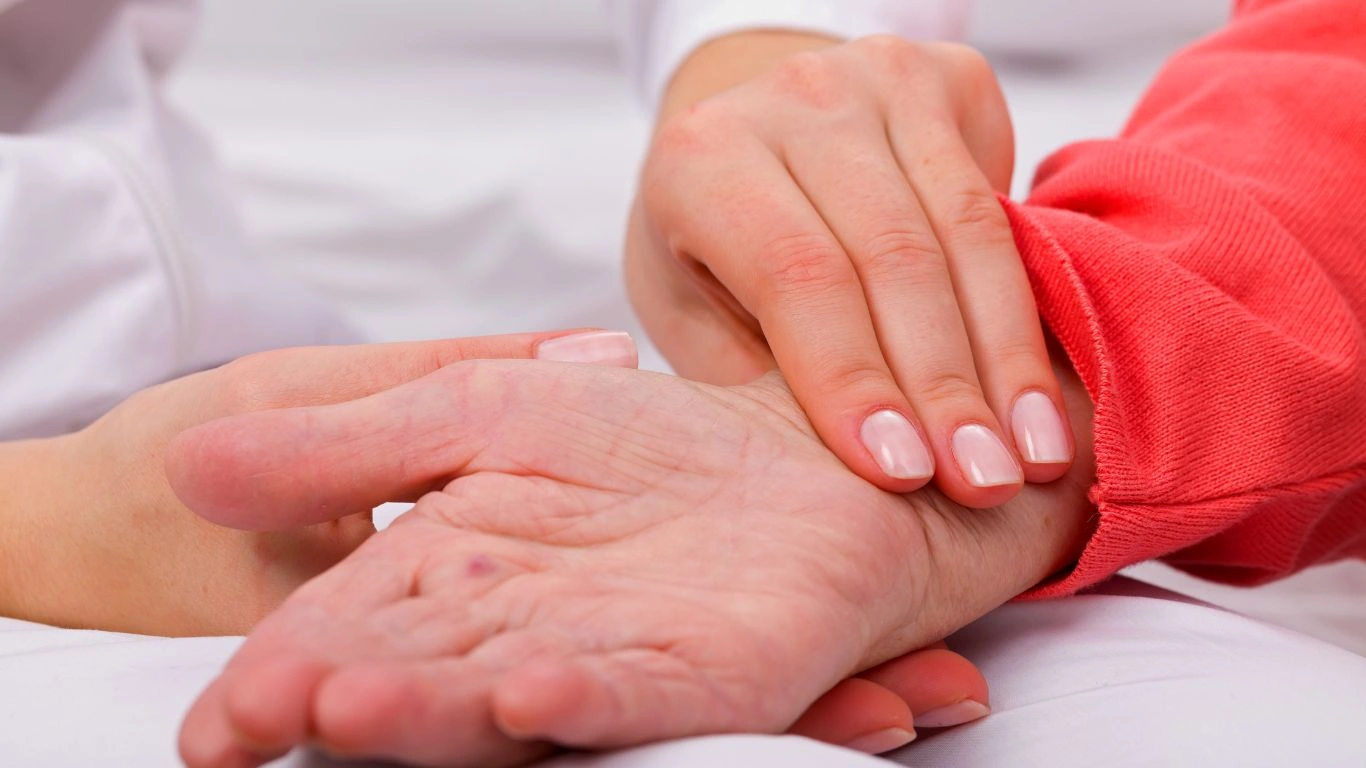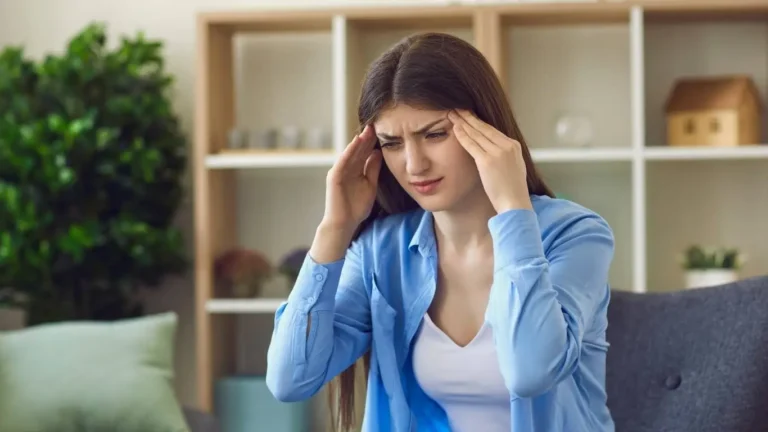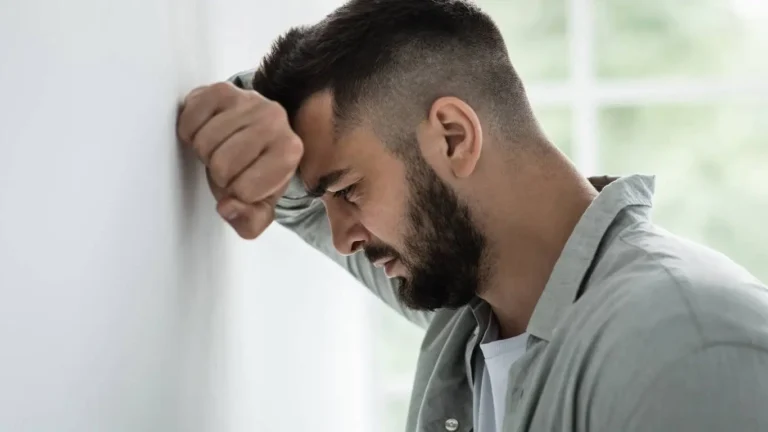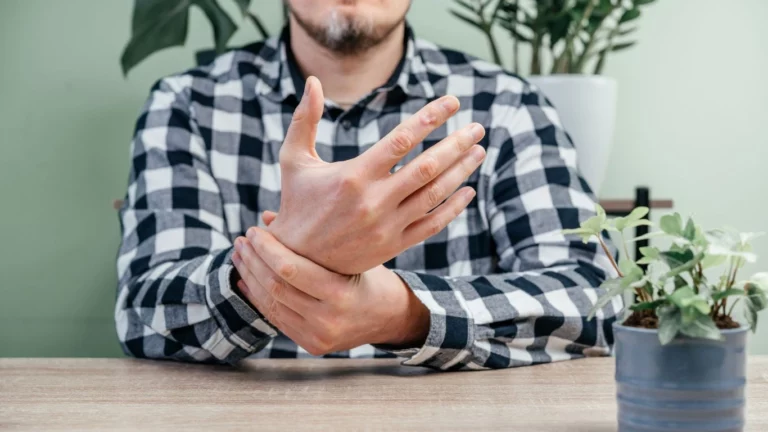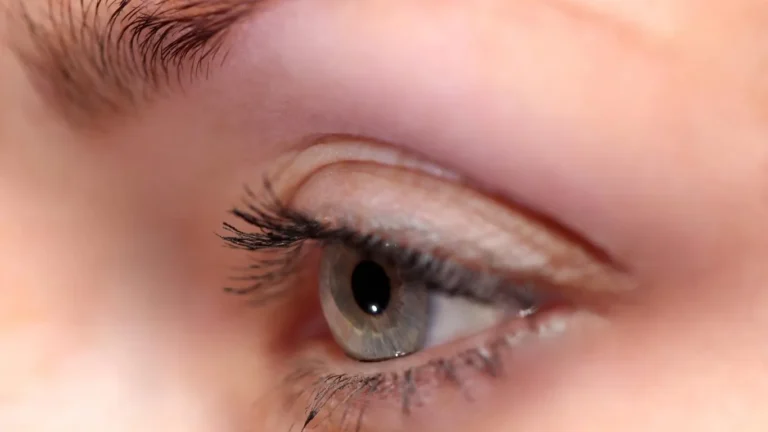7 Powerful Foods to Lower Blood Pressure at Night Naturally
Struggling with both hypertension and sleep disorders? You’re not alone. High blood pressure and poor sleep go hand in hand more than most people realize. In fact, I’ve seen firsthand how lack of sleep can wreak havoc on blood pressure levels, making hypertension management even more challenging. If you’re tossing and turning at night, waking up feeling exhausted, or constantly battling fatigue, your blood pressure may be paying the price. But don’t worry—there are practical solutions that can help you sleep better and keep your heart healthier.
How Sleep Affects Blood Pressure
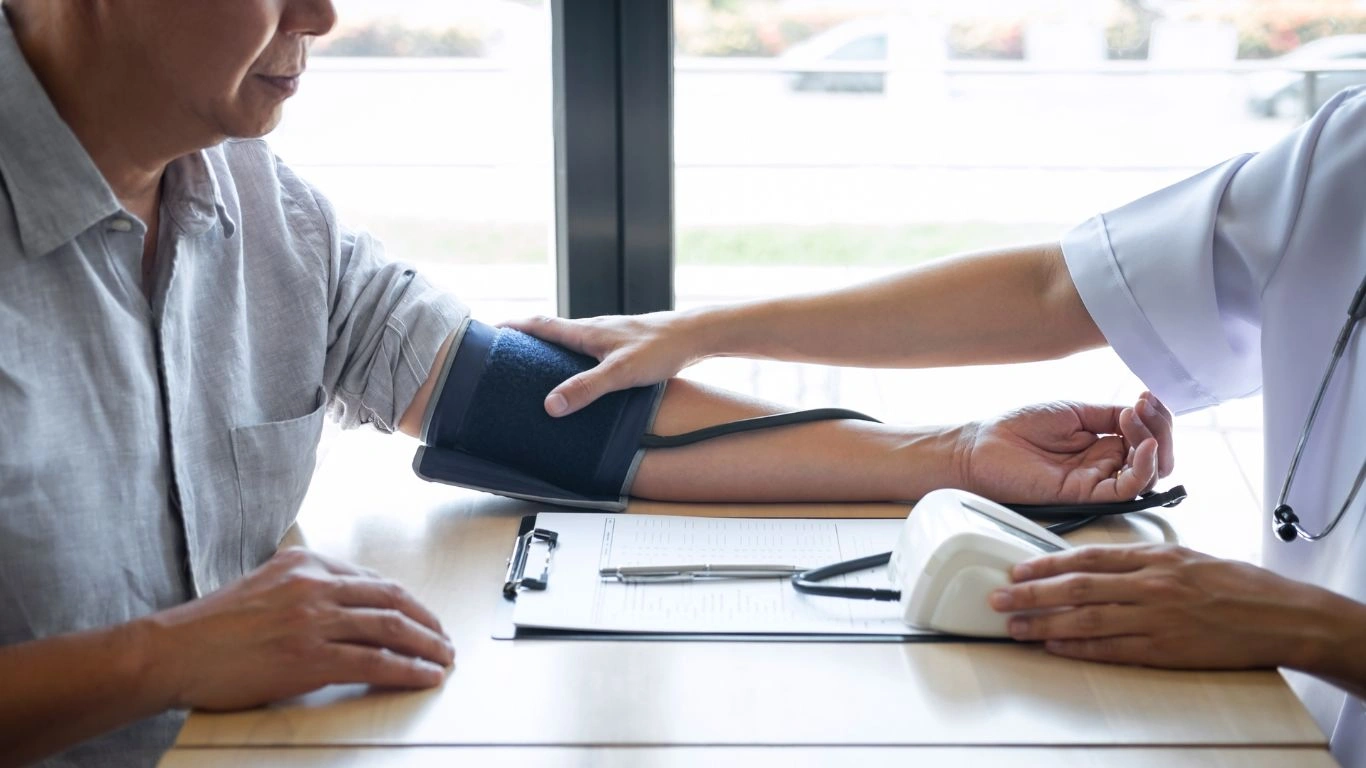
Most people think of sleep as just “rest time,” but it’s actually when your body does crucial maintenance. During deep sleep, blood pressure naturally drops, giving your heart a much-needed break. When sleep is interrupted or cut short, this doesn’t happen properly. Over time, this can contribute to chronic high blood pressure, increasing the risk of heart disease, stroke, and other complications.
The Vicious Cycle of Poor Sleep and Hypertension
Here’s the frustrating part—high blood pressure can also cause sleep issues. Conditions like sleep apnea, restless leg syndrome, and even stress-induced insomnia are common in those with hypertension. It becomes a cycle: poor sleep raises blood pressure, and high blood pressure makes it harder to sleep. Breaking this cycle is key to protecting your heart and overall health.
Common Sleep Disorders Linked to Hypertension

1. Sleep Apnea
One of the most well-known connections between sleep and hypertension is sleep apnea. This disorder causes repeated pauses in breathing during sleep, leading to oxygen deprivation and increased blood pressure. If you wake up gasping for air, snore loudly, or feel exhausted during the day, sleep apnea could be the culprit.
2. Insomnia
Stress, anxiety, and an overactive mind can keep you awake for hours, and guess what? Chronic insomnia has been linked to elevated blood pressure. I’ve had patients who felt completely defeated after trying every trick in the book, only to realize their blood pressure meds, caffeine intake, or even screen time before bed were keeping them awake.
3. Restless Leg Syndrome
That irresistible urge to move your legs at night? It’s more than just annoying—it could be linked to hypertension. Restless leg syndrome (RLS) disrupts sleep quality, and research suggests that those with RLS have a higher risk of developing high blood pressure.
Signs That Sleep Issues Are Affecting Your Blood Pressure
Wondering if your sleep struggles are impacting your blood pressure? Here are some telltale signs:
- Waking up with a headache
- Feeling exhausted despite spending hours in bed
- Frequent nighttime awakenings
- Snoring or gasping for air during sleep
- Increased blood pressure readings in the morning
If any of these sound familiar, it’s time to take a closer look at your sleep habits and consider some effective solutions.
Practical Solutions for Better Sleep and Blood Pressure Control

Now that we’ve covered how hypertension and sleep disorders are connected, let’s get into the good stuff—what you can actually do about it. Trust me, I’ve seen people go from restless, sleepless nights to deep, restorative sleep just by tweaking a few habits. You don’t need a complete life overhaul—just a few smart changes can make a huge difference.
1. Create a Sleep-Friendly Environment
If your bedroom isn’t a haven for sleep, your body won’t recognize it as one. Here’s how to turn your space into a sleep-inducing paradise:
- Keep it cool: Your body temperature naturally drops at night, so a cool room (around 65°F or 18°C) can help signal bedtime.
- Limit light exposure: Darkness triggers melatonin production, which helps you fall asleep faster. Blackout curtains or an eye mask can work wonders.
- Declutter your space: A messy bedroom = a messy mind. Clear out distractions and make your bed an inviting place.
Ever notice how a hotel room just feels sleep-friendly? Try mimicking that at home.
2. Be Mindful of What You Eat and Drink
Your diet has a bigger impact on sleep than you might think. If you’re downing caffeine in the afternoon or eating heavy, salty meals before bed, your blood pressure—and your sleep—are probably suffering.
Here are some simple dietary shifts to improve both:
- Cut caffeine after noon: Coffee, soda, and even certain teas can keep you wired long past bedtime.
- Avoid alcohol before bed: It might make you drowsy, but alcohol disrupts deep sleep cycles.
- Reduce sodium intake: High-sodium foods can cause fluid retention and increase nighttime blood pressure spikes.
- Incorporate sleep-friendly foods: Magnesium-rich foods (like bananas and almonds) and herbal teas (like chamomile) can promote relaxation.
I’ve had patients who swore they were “just bad sleepers” until they ditched their nightly salty snacks and late-night coffee fixes. It’s incredible what the right nutrition can do!
Exercise: The Sleep and Blood Pressure Connection

3. Move Your Body—But at the Right Time
Exercise is a powerhouse for both sleep and blood pressure control. But timing matters! A good workout can:
- Lower stress hormones, making it easier to wind down at night.
- Improve circulation and heart health.
- Regulate sleep-wake cycles.
However, intense exercise right before bed? Bad idea. It can spike adrenaline and keep you wired. Instead, aim for morning or afternoon workouts. If you need something in the evening, try gentle yoga or stretching.
4. Manage Stress Before Bed
Stress is a silent killer for sleep. If your mind is racing with worries, your blood pressure isn’t getting a break. I always tell my patients to develop a wind-down routine that signals “Hey body, it’s time to chill.”
Here are a few relaxation techniques that actually work:
- Deep breathing exercises: Try inhaling for four counts, holding for four, and exhaling for four.
- Journaling: Get your worries out of your head and onto paper.
- Guided meditation: Apps like Calm or Headspace can help calm your mind.
- Avoid screen time: Blue light messes with melatonin, so ditch the phone at least an hour before bed.
Personally, I swear by deep breathing—it’s simple, free, and works like a charm. Give it a shot tonight!
When to Seek Professional Help
Sometimes, lifestyle changes aren’t enough. If you’ve tried everything and you’re still struggling with sleep and blood pressure spikes, it’s time to check in with a doctor. Here’s when to seek help:
- You suspect sleep apnea (loud snoring, gasping for air, excessive daytime fatigue).
- Your blood pressure remains high despite medication and lifestyle changes.
- You experience chronic insomnia that affects your daily life.
- You have unusual symptoms like chest pain, dizziness, or shortness of breath.
Sleep studies, medication adjustments, or other medical interventions might be necessary. And that’s okay—your health is worth it.
By making small but powerful changes, you can take control of both your sleep and your blood pressure. You deserve restful nights and healthy days. Ready to give it a try?
Case Studies & Real-Life Examples

Let’s get real for a second. I’ve seen firsthand how small, sustainable changes can make a huge difference in both sleep quality and blood pressure. Here are a couple of real-life examples that prove it:
Case Study 1: Linda’s Transformation
Linda, a 52-year-old teacher, struggled with high blood pressure and terrible sleep for years. She was on medication, but her numbers were still creeping up. Every morning, she felt exhausted, and her energy was completely drained by noon. She figured it was just part of aging.
After tracking her habits, we discovered a few culprits:
- She drank coffee at 4 PM to power through lesson planning.
- Her TV binge-watching sessions went straight up until bedtime.
- Her diet was heavy on processed foods, especially for late-night snacks.
With just a few simple tweaks—switching to herbal tea, cutting screen time an hour before bed, and adding potassium-rich foods—her sleep dramatically improved. Within a month, she felt more rested, and her blood pressure readings started stabilizing.
Case Study 2: Mark’s Battle with Sleep Apnea
Mark, a 45-year-old truck driver, had no idea that his high blood pressure was connected to his undiagnosed sleep apnea. He snored loudly, often woke up gasping for air, and constantly felt sluggish during the day. A sleep study confirmed he had moderate sleep apnea, which was contributing to his blood pressure spikes.
Once he started using a CPAP machine and made small lifestyle changes—like limiting alcohol and maintaining a consistent bedtime—his energy levels shot up, and his blood pressure finally responded to medication.
The takeaway? If you’re struggling with both sleep and hypertension, there’s always a root cause to explore. Don’t settle for exhaustion and high readings—solutions exist!
Key Takeaways: What You Need to Remember
If there’s one thing I want you to walk away with, it’s that your nighttime habits play a massive role in blood pressure regulation. Here’s a quick recap:
- Optimize your sleep environment: Keep your bedroom dark, cool, and free of distractions.
- Be mindful of what you eat and drink: Reduce caffeine, sodium, and alcohol while incorporating sleep-friendly foods.
- Move your body during the day: Exercise is great for lowering stress and blood pressure but avoid intense workouts close to bedtime.
- Manage stress before bed: Try deep breathing, journaling, or meditation to calm your mind.
- Address underlying sleep disorders: If you snore, wake up gasping, or feel constantly tired, check for sleep apnea.
By implementing these small but effective changes, you can start seeing improvements in both your sleep quality and overall health.
FAQs
Here are some common questions I get about blood pressure and sleep:
1. Can poor sleep cause high blood pressure even if I’m healthy?
Yes! Even if you have no other risk factors, chronic sleep deprivation can elevate blood pressure by increasing stress hormones and inflammation.
2. How many hours of sleep should I aim for?
Most adults need at least 7–9 hours of sleep per night for optimal health.
3. Is melatonin safe for high blood pressure?
Melatonin can help regulate sleep, but always check with your doctor first, especially if you’re on medication.
4. Should I take blood pressure medication at night?
Some studies suggest taking medication before bed can be more effective in controlling blood pressure overnight. Again, consult your doctor before making changes.
Bonus: Additional Resources or DIY Tips
Want to take your sleep and blood pressure control to the next level? Here are some extra resources to explore:
- American Heart Association – Great for heart health education.
- National Sleep Foundation – Everything you need to know about better sleep.
- NCBI Studies – If you love diving into research.
Appendix: References, Disclaimer & Call to Action
References:
- American Heart Association: https://www.heart.org/
- National Sleep Foundation: https://www.sleepfoundation.org/
- National Institutes of Health: https://www.nih.gov/
Disclaimer: This article is for informational purposes only and should not replace professional medical advice. Always consult your healthcare provider before making lifestyle changes.
Final Thought: If you’re dealing with high blood pressure and poor sleep, don’t ignore it! Start with small changes today, and you’ll be amazed at how much better you feel. Let me know in the comments—what’s one change you’ll make tonight for better sleep?

Dr. Gwenna Aazee is a board-certified Internal Medicine Physician with a special focus on hypertension management, chronic disease prevention, and patient education. With years of experience in both clinical practice and medical writing, she’s passionate about turning evidence-based medicine into accessible, actionable advice. Through her work at Healthusias.com, Dr. Aazee empowers readers to take charge of their health with confidence and clarity. Off the clock, she enjoys deep dives into nutrition research, long walks with her rescue pup, and simplifying medical jargon one article at a time.

